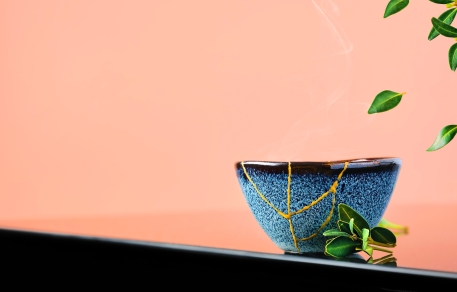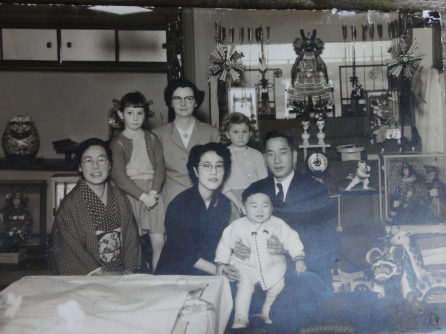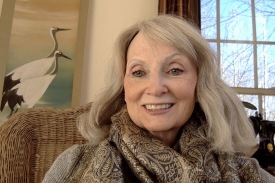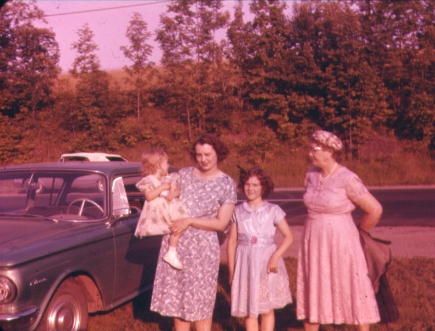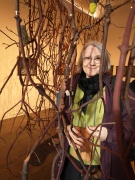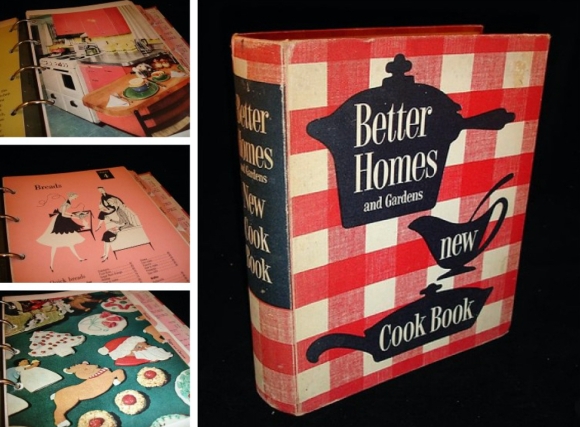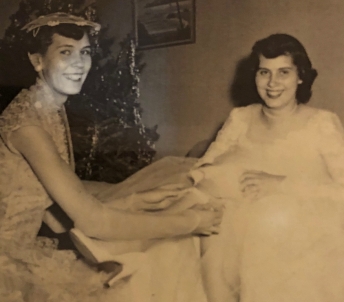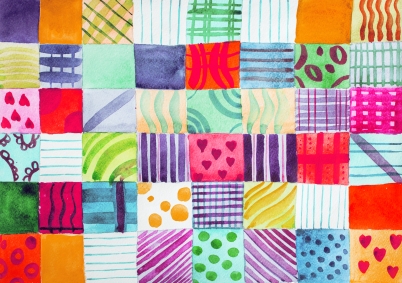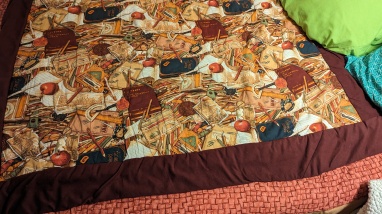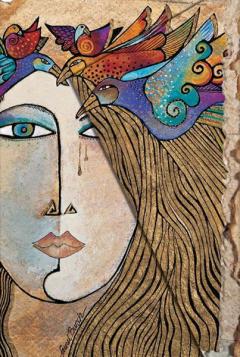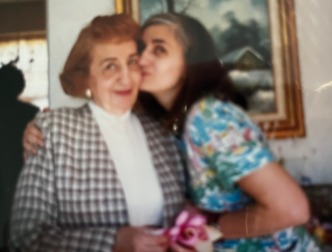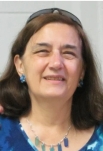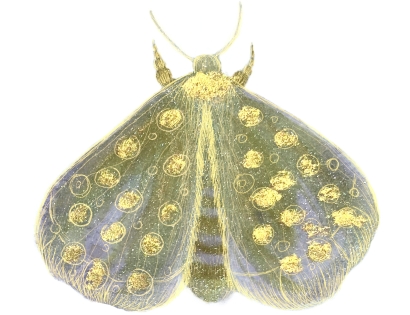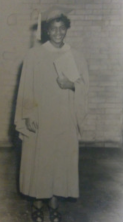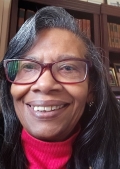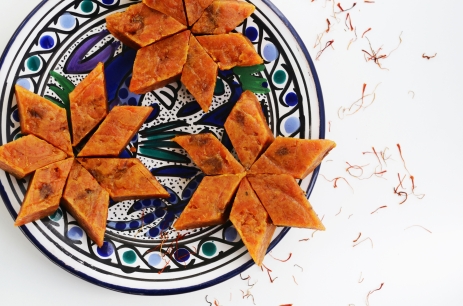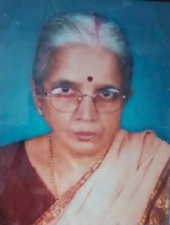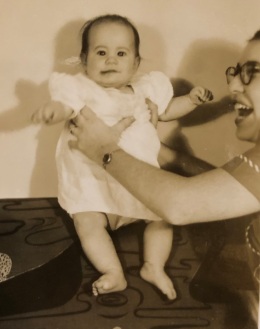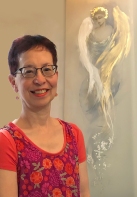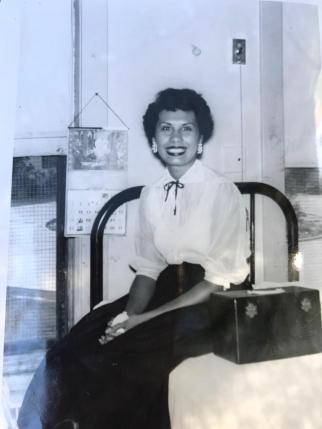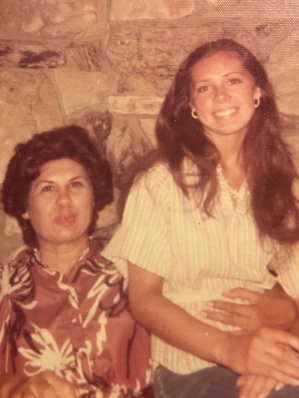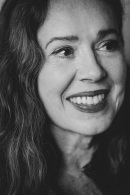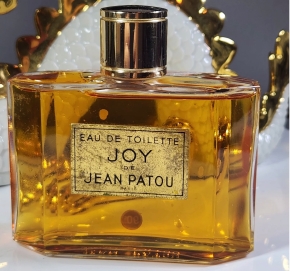
The Nespelem Girl
by Inés Hernández-Ávila
When my mom traveled to Galveston, Texas in 1946, the Tribal Tribune
(of the Colville Reservation) had a tiny story titled
“Nespelem Girl Marries.”
My mom kept the little article and gave it to me. It is my treasure.
íinim Niimiipu píke, my Nez Perce mom, was her own person. Always.
Daring risktaker for her time. WWII. She thought, “Hmm, I wonder what work I could find in Seattle?” Making her way there by herself, picking up odd jobs until she found the one meant for her.
Janice the riveter—Boeing Aircraft Factory. Imagine. The Nespelem Girl meeting other strong, risk-taking women from all over the country. Forging independence, Niimiipuu style, earning a salary, sending most of it home, but keeping a little for herself (she loved Joy perfume back then). Realizing what the world “out there” looked like.
During free time, off work, dressing up, styling, hair just right, bold lipstick, taking lots of photos solo or with friends in those cramped little photo booths. Back home in Nespelem I found a cigar box full of those photos of hers. In each one, I am drawn to her eyes. In each photo she looks directly at the camera, as she did in life. She looked straight at you, and that meeting of the eyes had to be real. She could tell if it wasn’t.
Soldiers Clubs on weekends. Patriotic to support the troops. Socializing with them, dancing, laughing, going out with your best girl buds, and your sisters when they came to town to stay with you in your sparse but nicely kept attic apartment.
Meeting my handsome Tejano dad, a Marine. Semper fidelis. Traveling by train to Galveston, Texas, to marry him. The Nespelem Girl finding herself in the heart of Texas-Mexican culture. My dad’s dad her ally, seeing his own mother in my mom’s Nativeness.
Becoming Catholic to marry my dad, but after I turned seven and made my First Communion, she took me aside and said, “ok, now you can go with your father to Mass every Sunday, or you can stay at home with me.”
Choice. My mom gave me choice. She didn’t argue with my dad about religion. She respected his faith. And she respected my right to decide.
Catholic notions of confession, sin, guilt, and dominion over the earth did not sit well with her. She never accepted Christianity, even though all her siblings did. She would say, adamantly, “I believe in God, that’s all.”
Despite only going as far as seventh grade, she loved to read and write. It was part of her curiousness. She wanted to know things, to be informed. She made me a passionate reader and writer. She loved language.
But oh!
Not one to budge if she had her own opinion, or if she was upset. I’ve been known to say, “If my mom is upset with you, you could drop dead in front of her, and it would make no difference. She would merely turn her head away to ignore you still.” You cease to exist until you make things right, if you have done something to offend, or until you understand that you will never be able to force her into anything, including changing her mind.
“Don’t say, ‘I love you,’ if you don’t mean it,” she would say. Mean your words, don’t treat language carelessly, don’t let your voice be false. Words have spirit, power, heart. Sometimes she would say firmly in family, “I have spoken.”
In the Niimiipuu language the word tamálwit means our laws, our governance, the way we are supposed to be true humans. This is when she would remind us.
When something terrible would happen, some offense to someone, some betrayal, some wrongdoing, so big as to leave her speechless, she would say, “Words fail me!”
The tenderness: One of my dear friends told me after he first met her, “Your mom has such a girlish laughter!” She did. Even in her nineties, she was known for her laughter, her delight, her inclination, like so many Native folks, to want to laugh, to need to laugh, to be light-hearted. Those who loved her wanted to make her laugh. We were healed by her laughter.
My mom felt for every living thing. She would be filled with sadness to see suffering. Fierce love. Fierce woman. Fierce mom. The Nespelem Girl always stood up for herself. My father was so fortunate to meet his match in her. I am so grateful they are my parents.
Qe’ciyéwyew, íinim píke.
PHOTO: Vintage bottle of Joy de Jean Patou perfume.
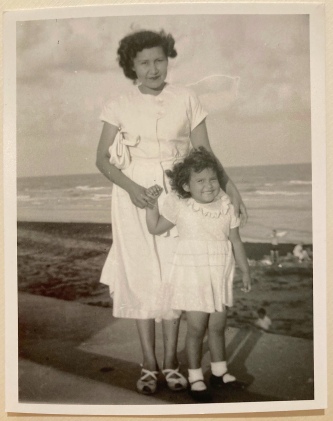
NOTE FROM THE AUTHOR: My mom was a force to be reckoned with. She and my dad knew full well what they had in each other. I am an only child, so I had ample time to observe, to notice, to listen, to grow in awareness about each of them. My mom, and therefore I, are from Chief Joseph’s band of the Nez Perce. We are enrolled on the Colville Reservation in Washington State. My dad was Texas-Mexican. He taught my mom to love Tejano conjunto music (though she never learned Spanish). They would go dancing every weekend with his brothers, cousins, and their wives. He trusted her so much that he turned over his check to her whenever he got paid, keeping 10% for his expenses. So much to their story that I’m writing a collection to honor them. In my life, an odd thing has occurred. Some people have wanted me to choose one side or the other, to identify as either Nez Perce or Tejana—as if I could erase either one of my parents. But theirs is a riveting story that I am telling. She once gave me her handwritten copy of a Kahlil Gibran poem that says, “But let there be spaces in your togetherness / Love one another, but make not a bond of love— / Sing and dance together and be joyous / but let each one of you be alone— / And stand together yet not too near together / For the pillars of the temple stand apart, / and the oak tree and the cypress / grow not in each other’s shadow.” I know this. I know that I come from strong, loving roots. This is what moves me to write about her and them.
PHOTO: The author and her mother at the seashore in Galveston, Texas.
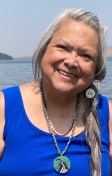
ABOUT THE AUTHOR: Inés Hernández-Ávila (Niimiipuu/Nez Perce and Tejana), Professor Emerita, Native American Studies, UC Davis, is enrolled with the Colville Confederated Tribes. A Ford Fellow, she is one of the six founders of the Native American and Indigenous Studies Association (NAISA). She is a scholar-activist, poet, essayist, visual artist, translator, and a member of Luk’upsíimey/The North Star Collective, a group of Niimiipuu creative writers/language workers. Luk’upsíimey members are fusing language revitalization work and promotion with creative writing, performance, and publication. She is collaborating with the Library of Congress´s Hispanic Division, to include more Indigenous writers from Latin America in their Palabra archive. Her scholarly essays, creative nonfiction, and poetry have been published widely. Her most recent publication (essay and poems) appears in The Shared Language of Poetry: Mexico and the United States (literal publishing, 2024). Her painting, Coyote, Looking Deeply, is the cover art for Native American Rhetoric, ed. Lawrence Gross. Recently retired, she is loving the time she has to create. She is completing For the Nespelem Girl and the Cisco Kid: A Love Story (honoring her mom and dad), and her memoir, LuzEspiritu/SpiritLight.
